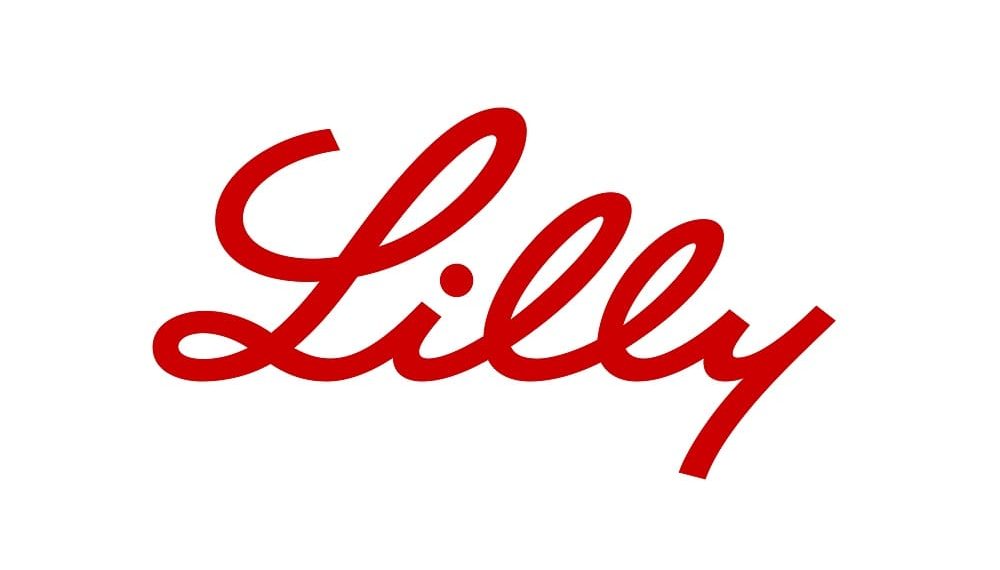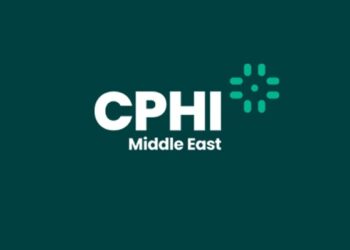Eli Lilly and Company announced that new results from a number of studies across the company’s oncology product and pipeline portfolio will be presented at the 54th Annual Meeting of the American Society of Clinical Oncology (ASCO) in Chicago, June 1-5, 2018.
Data from 30 oral presentations, poster presentations and e-publications underscore Lilly Oncology’s focus on making a meaningful difference in the lives of people living with cancer through clinical development and collaboration.
Highlights include the late-breaking oral presentation of the Phase 3 REACH-2 trial results for ramucirumab as a single agent in the second-line treatment of people with hepatocellular carcinoma (HCC), also known as liver cancer. Key abemaciclib data include findings from the MONARCH 2 study evaluating abemaciclib plus fulvestrant in pre- and peri-menopausal women with hormone receptor-positive (HR+), human epidermal growth factor receptor 2-negative (HER2-) advanced breast cancer, as well as data from the MONARCH 2 and 3 studies investigating the impact of the addition of abemaciclib to fulvestrant or a nonsteroidal aromatase inhibitor (NSAI) on the start of subsequent chemotherapy.
Additionally, data will be presented from Lilly’s ongoing immuno-oncology clinical collaborations with Merck (known as MSD outside the U.S. and Canada). These include additional results from the KEYNOTE-021 (Cohort G) and KEYNOTE-189 trials evaluating pemetrexed plus platinum chemotherapy in combination with pembrolizumab in the first-line treatment of metastatic nonsquamous non-small cell lung cancer (NSCLC), as well as results from the study of ramucirumab and pembrolizumab in multiple tumor types and the study of abemaciclib and pembrolizumab in HR+, HER- metastatic breast cancer.
“The data presented at ASCO demonstrate Lilly’s steadfast commitment to advancing medicines in areas where patients experience the greatest need,” said Levi Garraway, M.D., Ph.D., senior vice president, global development and medical affairs, Lilly Oncology. “We look forward to the first presentation of the REACH-2 trial results. Advanced liver cancer is an aggressive disease, and ramucirumab has now demonstrated a survival benefit in a group of patients associated with particularly poor prognosis in two randomized clinical studies. We are also sharing several other study findings aimed to leverage our understanding of biomarkers and new therapeutic applications to benefit patients with hard-to-treat cancers.”
Ramucirumab REACH-2 Data at ASCO
REACH-2 is the first positive Phase 3 HCC trial in a biomarker-selected patient population, and confirms the results of the first REACH study in patients who had a high alpha-fetoprotein (AFP-High). The REACH-2 study evaluated the benefit of ramucirumab treatment in HCC patients who were intolerant to, or had disease progression while on or following treatment with, sorafenib and AFP-High, defined as an AFP of ≥400 ng/mL. Approximately half of all advanced HCC patients are AFP-High and these patients are among those with the poorest prognosis relative to the general HCC patient population. While there have been some recent advances in treating HCC, there remains a very high unmet need for patients in this treatment setting.
Select studies, along with the dates, times and locations of their data sessions, are highlighted below.
About Eli Lilly and Company
Lilly is a global healthcare leader that unites caring with discovery to make life better for people around the world. We were founded more than a century ago by a man committed to creating high-quality medicines that meet real needs, and today we remain true to that mission in all our work. Across the globe, Lilly employees work to discover and bring life-changing medicines to those who need them, improve the understanding and management of disease, and give back to communities through philanthropy and volunteerism. To learn more about Lilly, please visit us at www.lilly.com



















